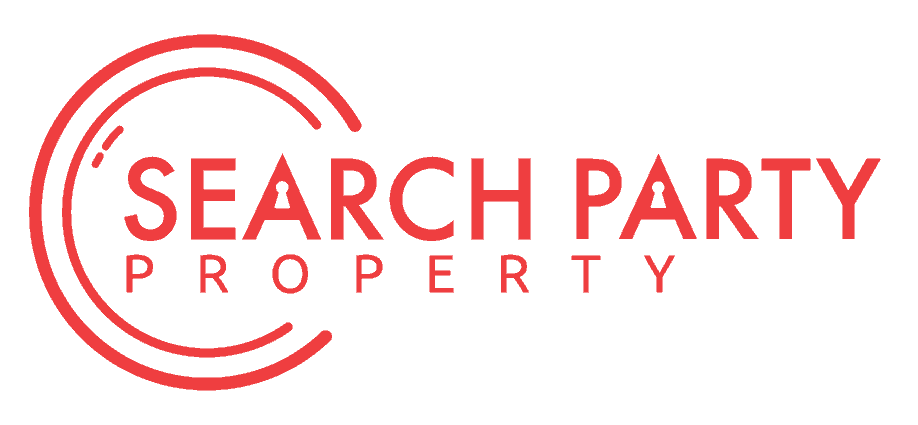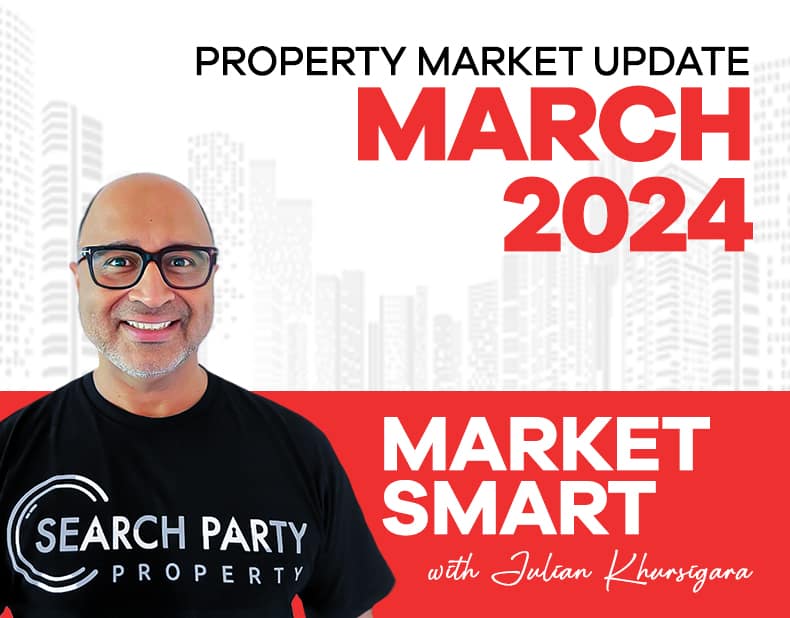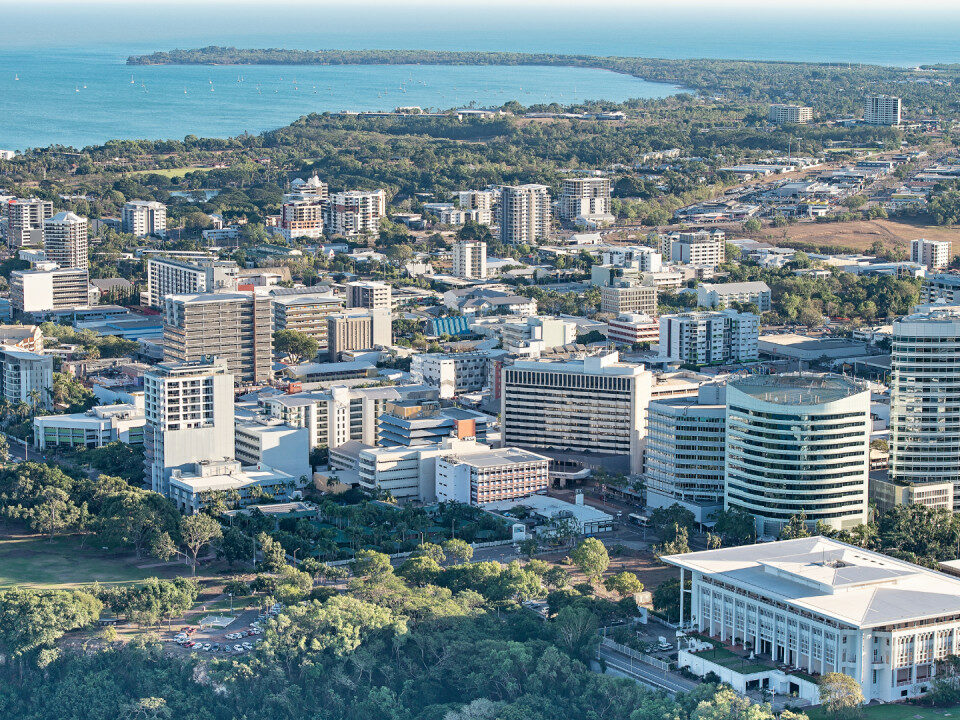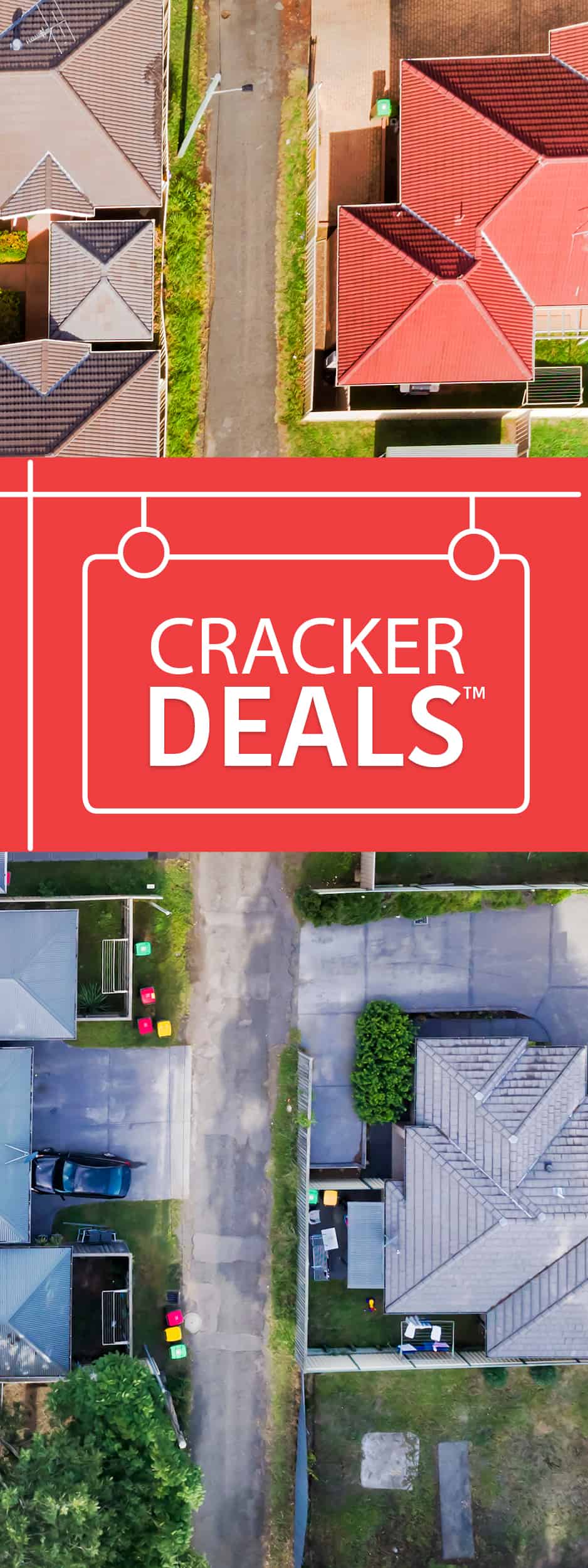- The first step is making the call.
- 1300 022 482
- hello@searchpartyproperty.com.au
5 Questions to Ask When Considering Airbnb for Your Investment Property
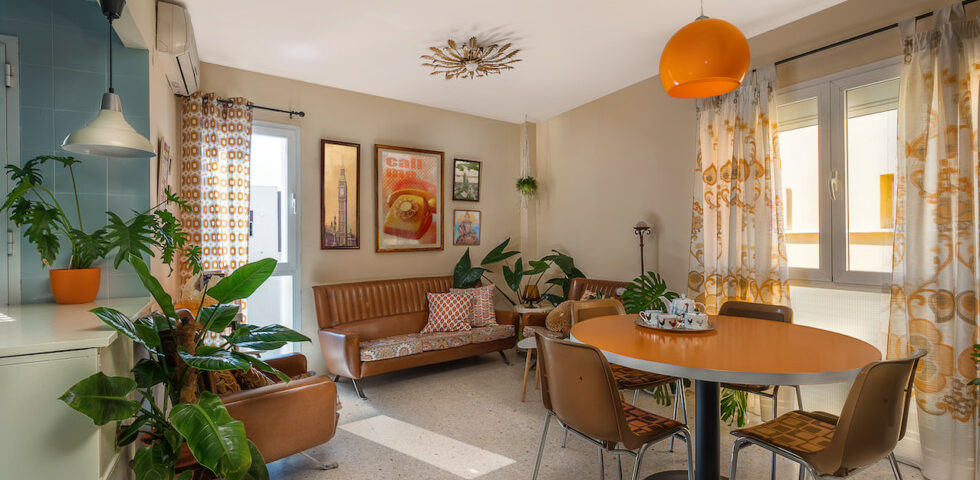
The rise of the sharing economy – and specifically accommodation sites like Airbnb – have created real opportunities for property investors. But is changing your property from a long-term rental to short-term accommodation a smart decision? Here we look at the important questions to ask before making this move.
1. What requirements do you need to meet?
The rules governing Airbnbs vary between locations and can be quite different to the requirements for longer-term rentals. For example, some local Councils will treat short-term accommodation as a “special use” that you need their approval for. Others will have a cap on the number of nights that a property can be rented out for short stays.
There are also some developments (apartment complexes, housing estates, etc.) that ban the listing of their properties on Airbnb. These rules are usually designed to protect the quiet enjoyment of other residents and minimise the wear and tear on communal spaces. As breaking these rules could result in significant fines, it is worth checking whether your property is subject to such restrictions.
2. What will your ongoing costs be?
As a general rule, an Airbnb will be more expensive to maintain than a standard rental property. This is largely because it needs to be fully furnished and appointed, which means additional setup and maintenance costs. There is also the letting fee charged on each booking (currently 3%), as well as property management and cleaning costs.
All these costs come on top of the standard expenses associated with an investment property, like mortgage payments and utilities. This means that to achieve a similar yield, you will need to increase the property’s daily rent rate. To make sure this is realistic, calculate your proposed rent rate – including your projected expenses and occupancy rate – and compare this to other properties in the area.
3. Can you handle the inconsistent income?
While an Airbnb can deliver higher returns than a standard rental property, the income they produce is often less stable. Depending on your property’s location, guest interest could be seasonal or tied to major events. There may also be times when the property sits vacant for extended periods.
As such, you need to be sure you can ride out both the highs and the lows. This means having enough of a contingency fund to cover all your expenses during your low periods. It also means having a clear understanding of your likely occupancy rate and structuring your pricing accordingly.
4. Do you have the right insurance?
A successful Airbnb will usually have new “tenants” moving in and out weekly – or even more frequently. This higher turnover increases the risk of damage to the property, theft of items from the property, and injury to tenants. As such, it is critical that you are sufficiently covered, just in case the worst happens.
5. How will you manage the property?
Promptly confirming bookings and responding to guest enquiries is an important part of managing an Airbnb. This takes time and may not easily fit in around your other commitments, particularly if you have a full-time job. As such, you may need to engage a management service to help with the administration and marketing of your property.
The property will also need to be fully cleaned, restocked, and restaged between bookings. Again, if you are unable to do this yourself, you will need to hire professionals to do it for you. While this will add to your ongoing costs, you can add a standard cleaning fee to all bookings to help offset this expense.
Want more information?
Need help preparing and building your investment property? Book your free Property Assessment today.
